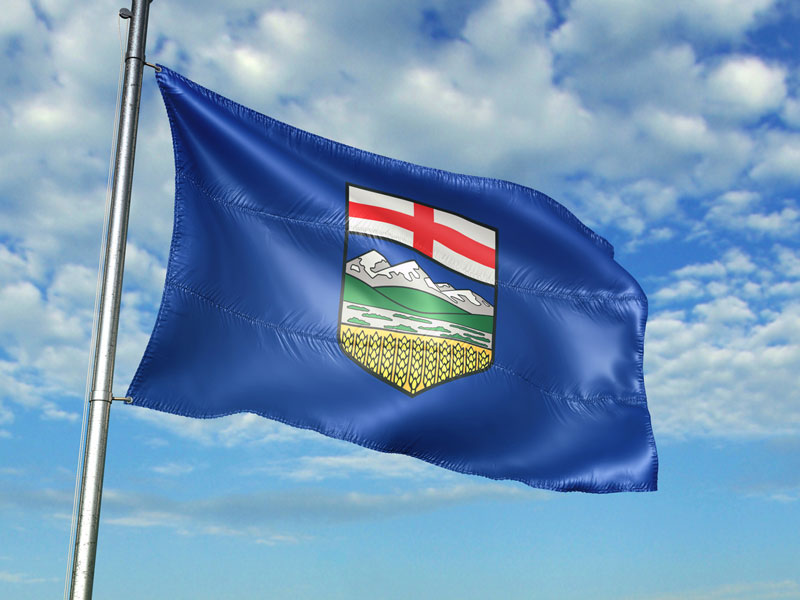
This article appears in the March 2022 issue of Investment Executive. Subscribe to the print edition, read the digital edition or read the articles online.
Engaging in the Alberta economy is often likened to riding a rollercoaster, with wild swings in oil and gas prices causing the queasiness of a boom-and-bust economy.
But the metaphor fails to do justice to the oddities of life in the province these days. The price of oil is through the roof, leading to a predictable round of labour shortages and price inflation, and allowing the province to suddenly balance its budget.
But all the good economic news has failed to cast a warm glow on the province’s political leadership. We have intrigue within the governing but disunited United Conservative Party (UCP) that could lead to the ouster of Premier Jason Kenney or, if that overthrow fails, a snap election later this year.
First, the economy. Russia’s invasion of Ukraine has driven oil prices to heights not seen since 2014. West Texas Intermediate was over US$106 per barrel at press time, having briefly topped US$128 on March 8. And Western Canadian Select — which is generally the price that producers in Alberta receive for their product — was around US$93 per barrel.
Producers’ coffers are overflowing and, while they haven’t returned to their free-spending days of a decade ago, the Canadian Association of Petroleum Producers expects upstream investment in Alberta to be up 24% this year over last, to $24.5 billion.
Second, the budget. The soaring price of oil means the provincial government was able to post a surplus in its February budget. A year ago, the government was projecting a deficit of $18.2 billion for fiscal year 2021-22. Now, it says the deficit was just $3.2 billion — basically a $15-billion windfall — and it expects a surplus of $500 million in the coming year. Oil and gas royalties are expected to be $13.5 billion. This might even be a wild underestimate, since the budget was based on oil prices averaging US$70 in the coming fiscal year.
Add to that higher personal and corporate income tax revenue and federal transfers, and the province has an unexpected bounty on its hands. This has led to a slew of spending announcements for schools, child care, hospitals and infrastructure, which will further juice the economy.
Despite this good news, Kenney is facing a caucus revolt. He faced revolts in both May and September of last year, but this is by far the most serious yet. He has come under internal criticism for his government’s Covid policies, for his handling of a number of scandals involving cabinet ministers and for flip-flopping on policies such as coal mining.
Disgruntled party members were able to get the leadership review moved up to April 9 from the autumn. The UCP is trailing Rachel Notley’s opposition NDP by double digits in polling, and fundraising numbers for the two parties have been similarly lopsided in the NDP’s favour. The next provincial election is set for May 29, 2023.
So Alberta has a balanced budget and a humming economy, but a premier under attack from within his own party and a strengthened opposition waiting in the wings for next year’s election. In short, being in Alberta is now like being in a virtual-reality simulation of a rollercoaster ride, while riding an actual rollercoaster.
Uncooperative co-executor passed over by court
Case illustrates the risks of appointing multiple executors